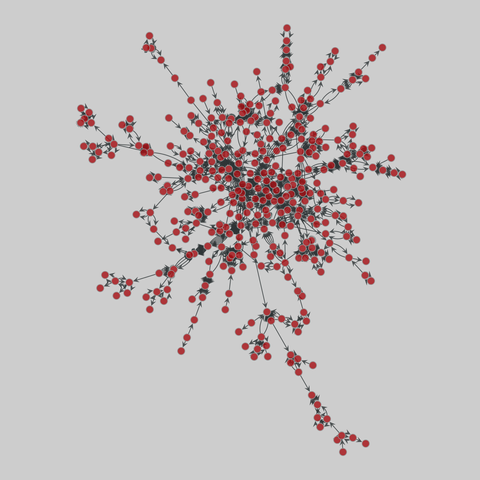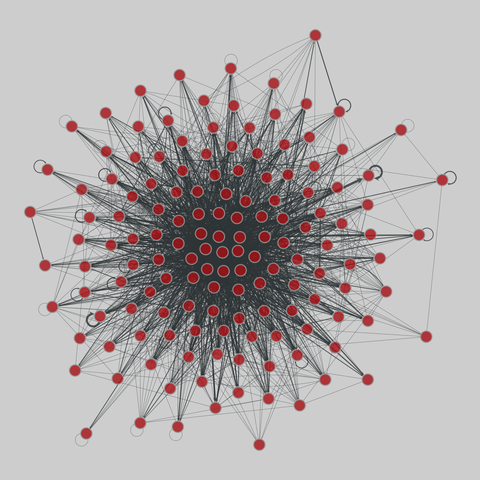2025-08-08 06:23:16
Cleaning Up: Leadership in an Age of Climate Change: Audioblog 15: The Pragmatic Climate Reset Part 1 — The Energy Transition Is Not Dead
https://cleaning-up-leadership-in-the-age-of-climate-change.simplecast.com/episodes/the-pragmatic-climate-reset-the-energy-transition-is-not-dead-audioblog-15-6XaNX6zu
2025-08-07 10:28:54
FaST: Feature-aware Sampling and Tuning for Personalized Preference Alignment with Limited Data
Thibaut Thonet, Germ\'an Kruszewski, Jos Rozen, Pierre Erbacher, Marc Dymetman
https://arxiv.org/abs/2508.04698
2025-10-07 11:36:42
On Improvement of Control Chart using Repetitive Sampling for Monitoring Process Mean
Fahad Rafique, Saadia Masood, Shabbir Ahmad, Sadaf Amin
https://arxiv.org/abs/2510.05086 ht…
2025-10-07 09:37:02
Self-Speculative Masked Diffusions
Andrew Campbell, Valentin De Bortoli, Jiaxin Shi, Arnaud Doucet
https://arxiv.org/abs/2510.03929 https://arxiv.org/pdf/2…
2025-09-08 09:07:20
Simple totally disconnected locally compact groups separated by finiteness properties
Laura Bonn, Sebastian Giersbach
https://arxiv.org/abs/2509.05101 https://
2025-09-08 10:04:50
On the Learnability of Distribution Classes with Adaptive Adversaries
Tosca Lechner, Alex Bie, Gautam Kamath
https://arxiv.org/abs/2509.05137 https://arxiv…
2025-09-08 09:50:40
LUIVITON: Learned Universal Interoperable VIrtual Try-ON
Cong Cao, Xianhang Cheng, Jingyuan Liu, Yujian Zheng, Zhenhui Lin, Meriem Chkir, Hao Li
https://arxiv.org/abs/2509.05030
2025-08-08 03:00:04
copenhagen: Copenhagen Networks Study
A network of social interactions among university students within the Copenhagen Networks Study, over a period of four weeks, sampled every 5 minutes. Interactions include physical proximity (undirected), phone calls (directed, weighted), text messages (directed), and information about Facebook friendships (undirected). Nodes include some metadata, including gender.
This network has 536 nodes and 3600 edges.
Tags: Social, Offline, Unwei…
2025-10-07 12:06:32
Are BabyLMs Deaf to Gricean Maxims? A Pragmatic Evaluation of Sample-efficient Language Models
Raha Askari, Sina Zarrie{\ss}, \"Ozge Alacam, Judith Sieker
https://arxiv.org/abs/2510.04764
2025-09-08 05:00:05
faculty_hiring: Faculty hiring networks (Comp. Sci., Business, History)
Three networks of faculty hiring in Computer Science Departments, Business Schools, and History Departments. Each node is a PhD-granting institution in the respective field, and a directed edge (i,j) indicates that a person received their PhD from node i and was tenure-track faculty at node j during time of collection (2011-2013). All data collected from faculty public rosters at the sampled institutions.
Thi…








